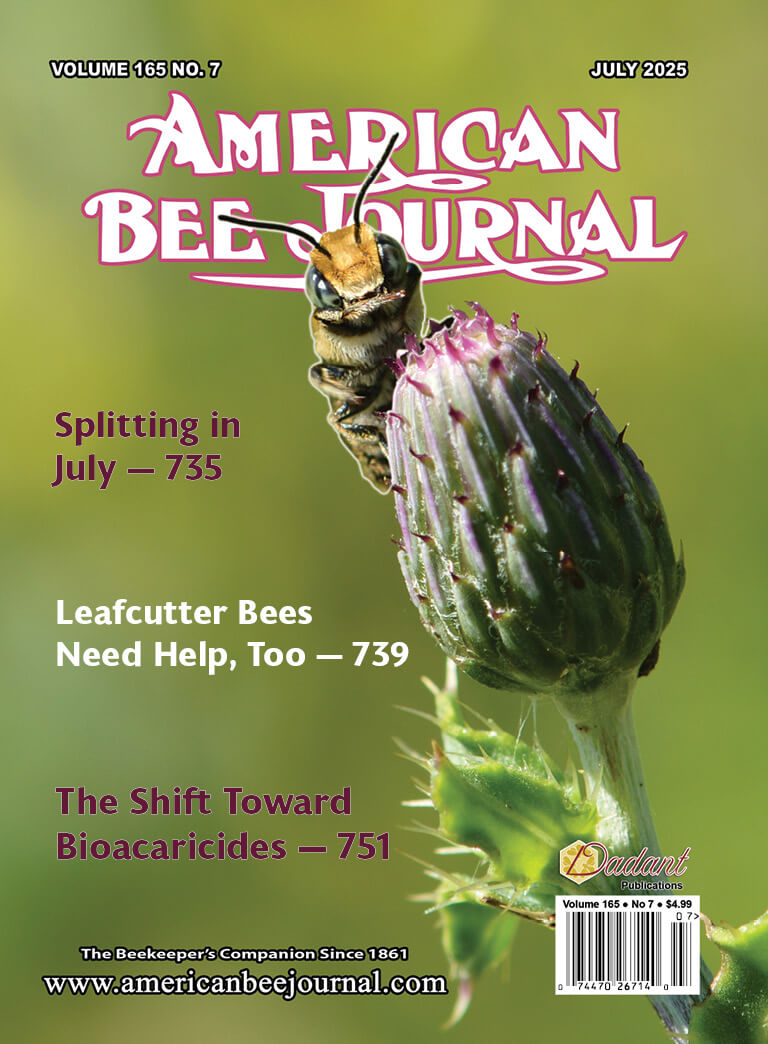When
Where
1755 N 13th St, Philadelphia, PA, 19122
The Philadelphia Beekeepers Guild’s 7th Annual Natural Beekeeping Symposium will be held on Saturday, February 4, 2017, from 8:30 am to 4:15 pm at Temple University Main Campus – Gittis Student Center , Philadelphia.
We have four main speakers this year for a symposium packed with beekeeping insight and scientific wonderfulness.
If you’d like to become a member to get $10 off on your ticket you can do so here!
Dr. Rebecca Masterson – The Road to MiteCheck: MiteCheck, a newly introduced beekeeper citizen science effort to monitor and report Varroa levels nationally, is a collaborative project with partners spanning three universities and the Bee Informed Partnership. MiteCheck was formed in response to continuously devastating consequences of varroa mites on otherwise healthy colonies and collaborative efforts to communicate best research-based best practices to beekeepers.
Dr. Meghan Milbraith – Towards treatment free – reducing chemical use and keeping healthy bees.
Dr. Deb Delaney – Take time to smell the roses: In this talk, I have synthesized a large body of literature published on honey bee nutrition over the past half a century. I talk about the nutritional requirements of honey bees and what are the best sources of these requirements based on scientific literature. I will also explore the mutualisms that occur between bees and flowers by investigating bee behavior towards flower phenology., and finally I will address the ecological value of native flowers for bees in terms of nutrition and how to track nutrition coming into the apiary.
Samuel Ramsey – Varroa Feed on Honey Bee Blood and 2 Other Popular Beekeeping Myths: “Varroa destructor feed exclusively on the hemolymph of adult and immature bees”. It’s considered to be such an obvious fact that it often goes without citation now in scientific papers. But there is very little if any experimental support for this universally accepted conclusion. My project, in partnership with the USDA and Project Apis, has shown that Varroa are actually feeding on a very different tissue, the fat body, leading to a diverse host of pathologies that have never been explained by the hemolymph model. With a better understanding of how this parasite impacts its host we can develop novel forms of control and new methods to remediate the health issues common to infected colonies
More information online at phillybeekeepers.org


